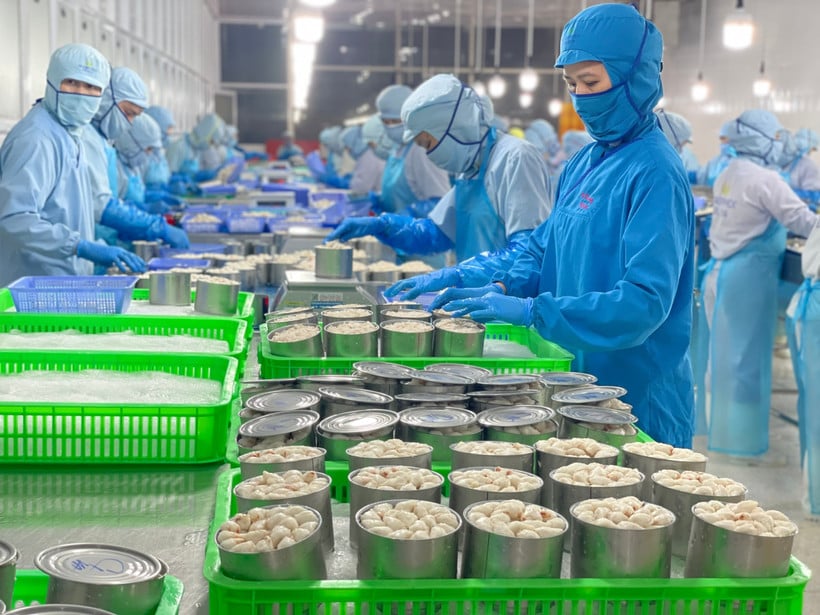 |
| Employees canning crab meat at the Halal-certified Seaspimex Company factory ( Ho Chi Minh City). (Photo: Khanh Ly/Vietnam+) |
In the context of a volatile global economy , the Halal market is becoming a "promised land" for Vietnamese businesses.
With a scale of up to 2,548 billion USD by 2024 and an impressive growth rate of 9.9% per year, the Halal market is not only an opportunity to expand exports but also a challenge in terms of strict compliance with standards from production to logistics.
The Halal market is not only limited to Muslim countries but is also popular globally thanks to its transparency, safety and traceability. However, to conquer this market, Vietnamese enterprises must meet a series of strict requirements, from input materials, production processes, to preservation and transportation. In particular, controlling cross-contamination of prohibited substances and ensuring cold storage conditions are significant barriers.
Many businesses have recognized the importance of Halal certification and are actively investing in a standardized supply chain. For example, Seaspimex Vietnam Seafood Joint Stock Company, whose Halal certification has helped them easily access high-end markets such as the Middle East, Malaysia, and Indonesia, said Nguyen Kim Hau, General Director of Seaspimex. "Halal is not only an entrance ticket but also a guarantee for the quality of our products."
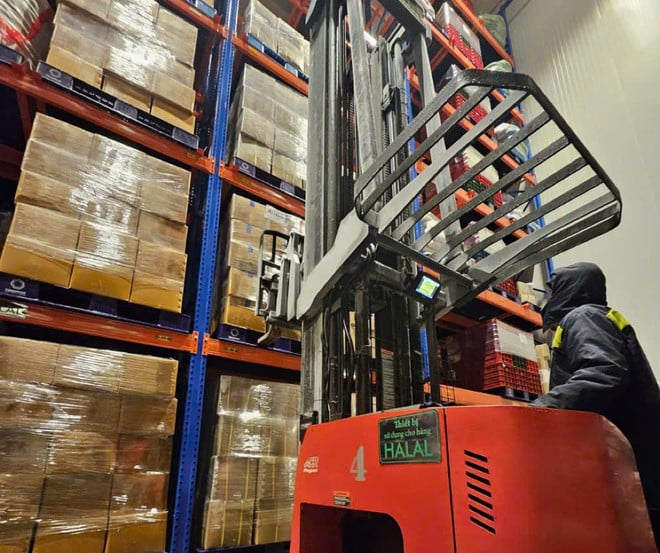 |
| Logistics Hub uses equipment according to Halal standards. (Photo: Khanh Ly/Vietnam+) |
From a logistics perspective, TOANPHAT Group (TPG) has pioneered the construction of a Halal-standard logistics center, including irradiation services and a cold storage system. This not only solves the logistics problem for domestic enterprises but also helps Vietnamese goods improve their position on the global export map.
According to Mr. Dang Phuc Nguyen, General Secretary of the Vietnam Fruit and Vegetable Association, logistics plays a key role in ensuring the quality of Halal products. From transportation, microbiological control to cold storage, every step must be strictly followed. "Irradiation is an effective method to meet the requirements of the Muslim market, but more importantly, businesses must cooperate with professional logistics units, recognized by the international Halal organization," Mr. Nguyen emphasized.
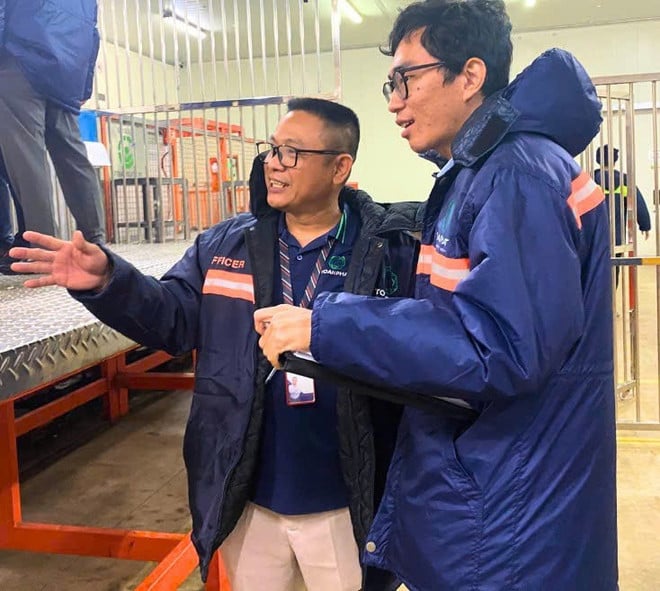 |
| Achieving Halal certification in the field of warehousing and irradiation helps complete the supply chain of goods to Muslim markets. (Photo: Khanh Ly/Vietnam+) |
Halal certification brings many practical benefits to businesses, from expanding the market, increasing reputation to improving competitiveness. Mr. Tran Van Tan Cuong, General Director of Vietnam National Halal Company, said: "Halal is not only a standard but also a commitment to quality, helping businesses build trust with consumers and increase sustainable revenue.
The Halal market requires a comprehensive commitment, from products to supply chains. Completing the logistics system according to Halal standards not only helps Vietnamese goods access potential markets but also affirms their quality in the international arena. This is a challenging race but also opens up great opportunities for Vietnam to affirm its position in the global agricultural and aquatic product export industry./.
Source: vietnamplus.vn
Source: https://baodongnai.com.vn/kinh-te/202508/doanh-nghiep-viet-tich-cuc-dau-tu-chuoi-cung-ung-dat-chuan-halal-6dc11f3/








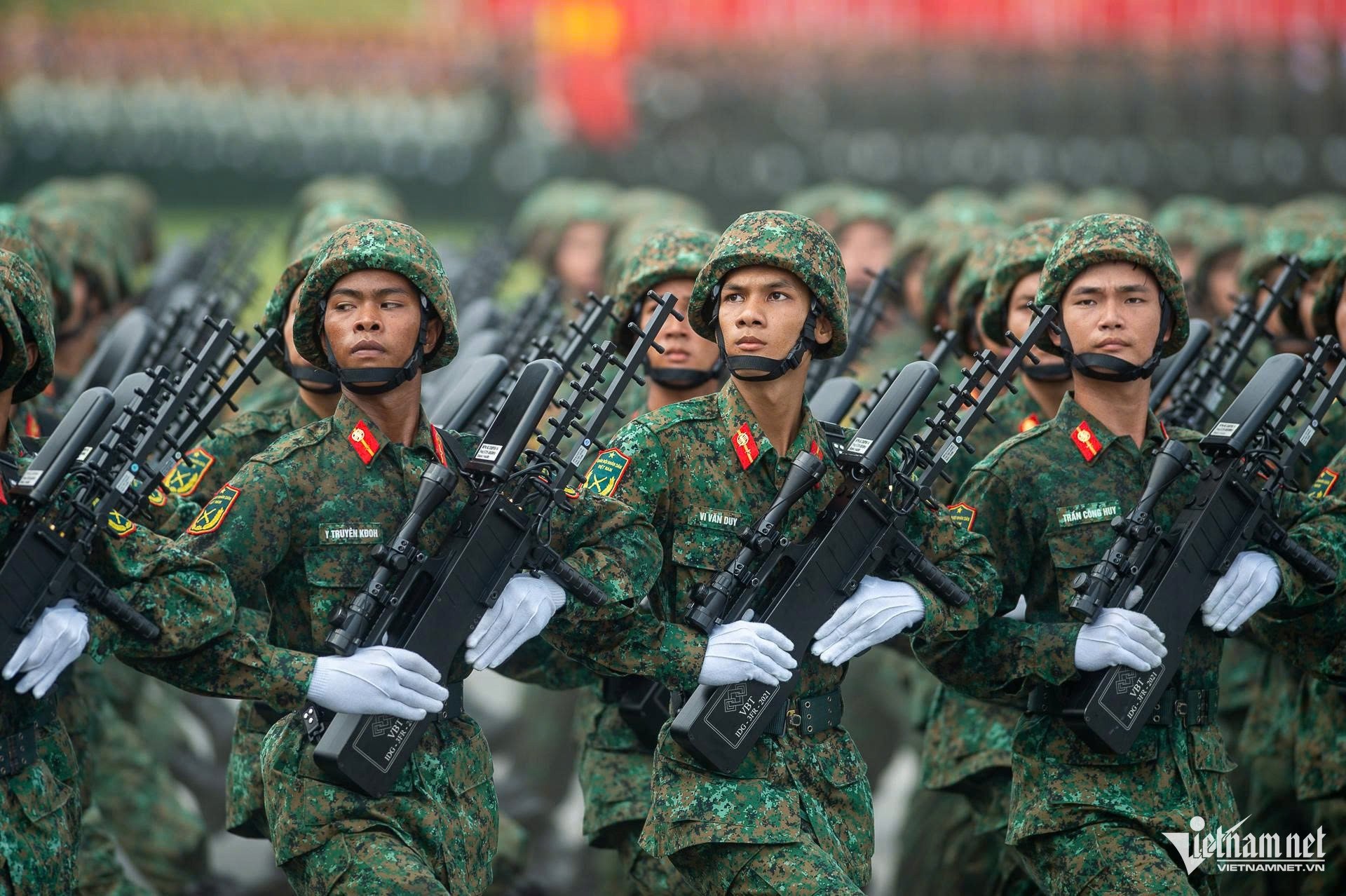
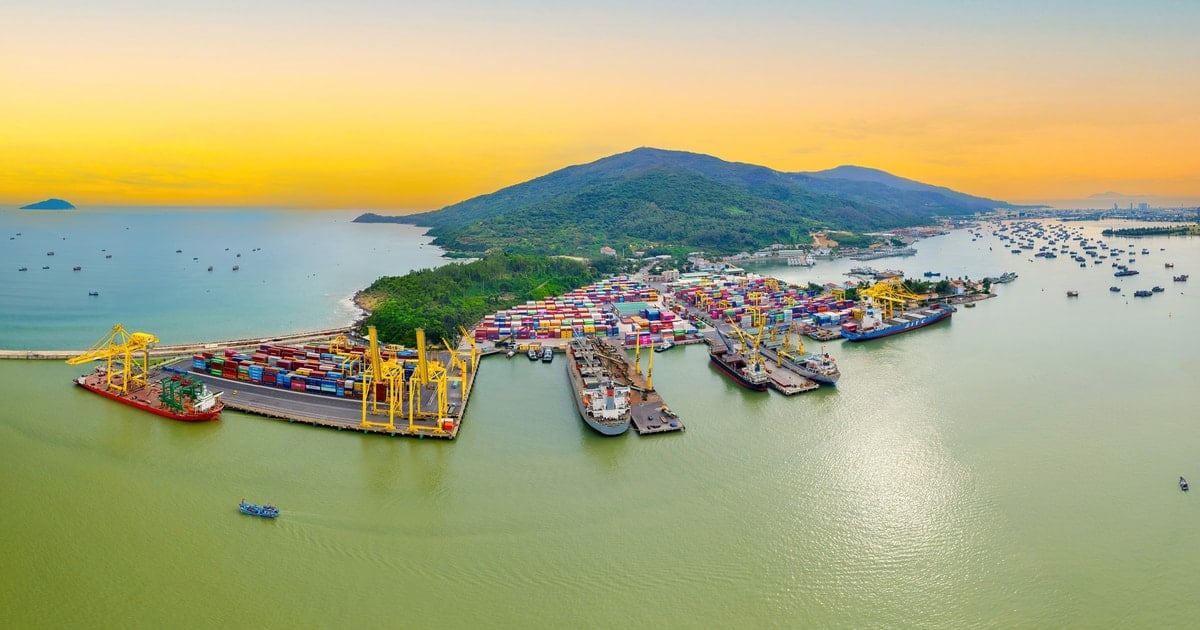



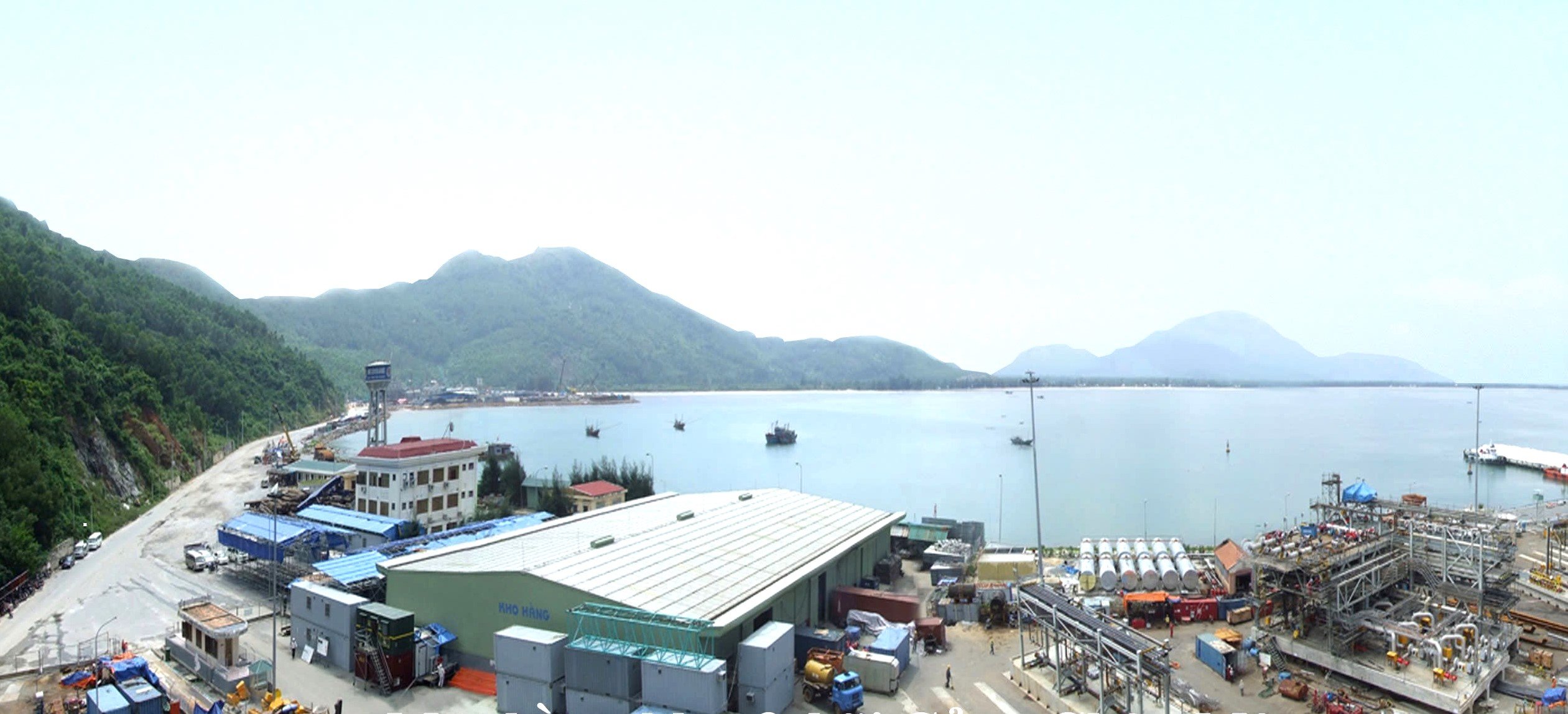

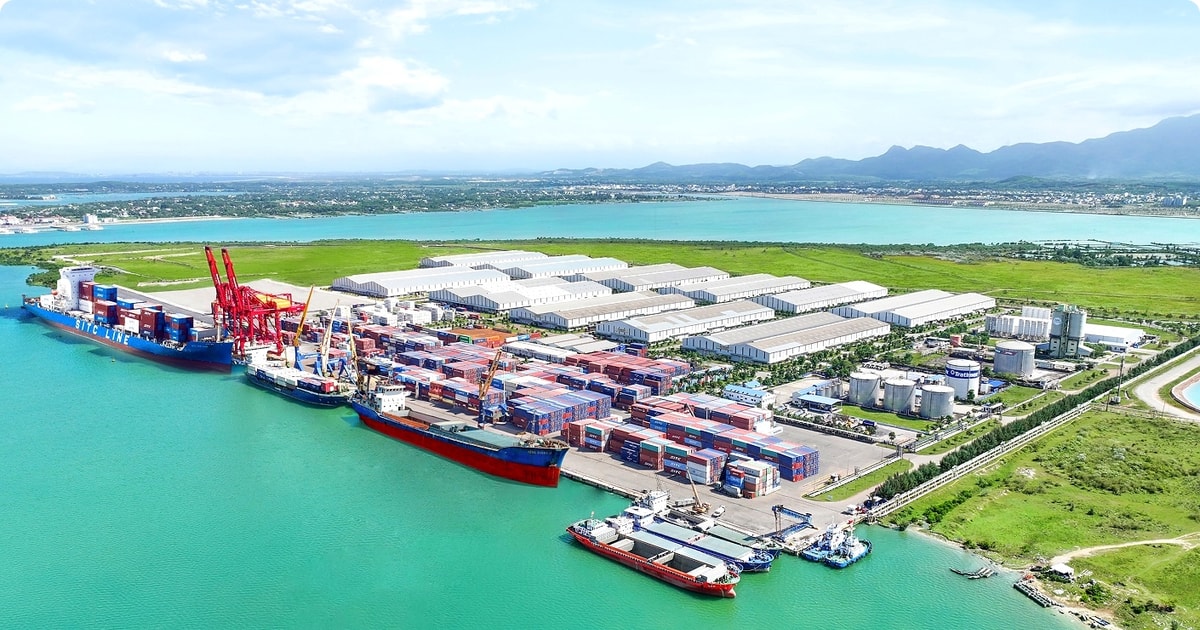
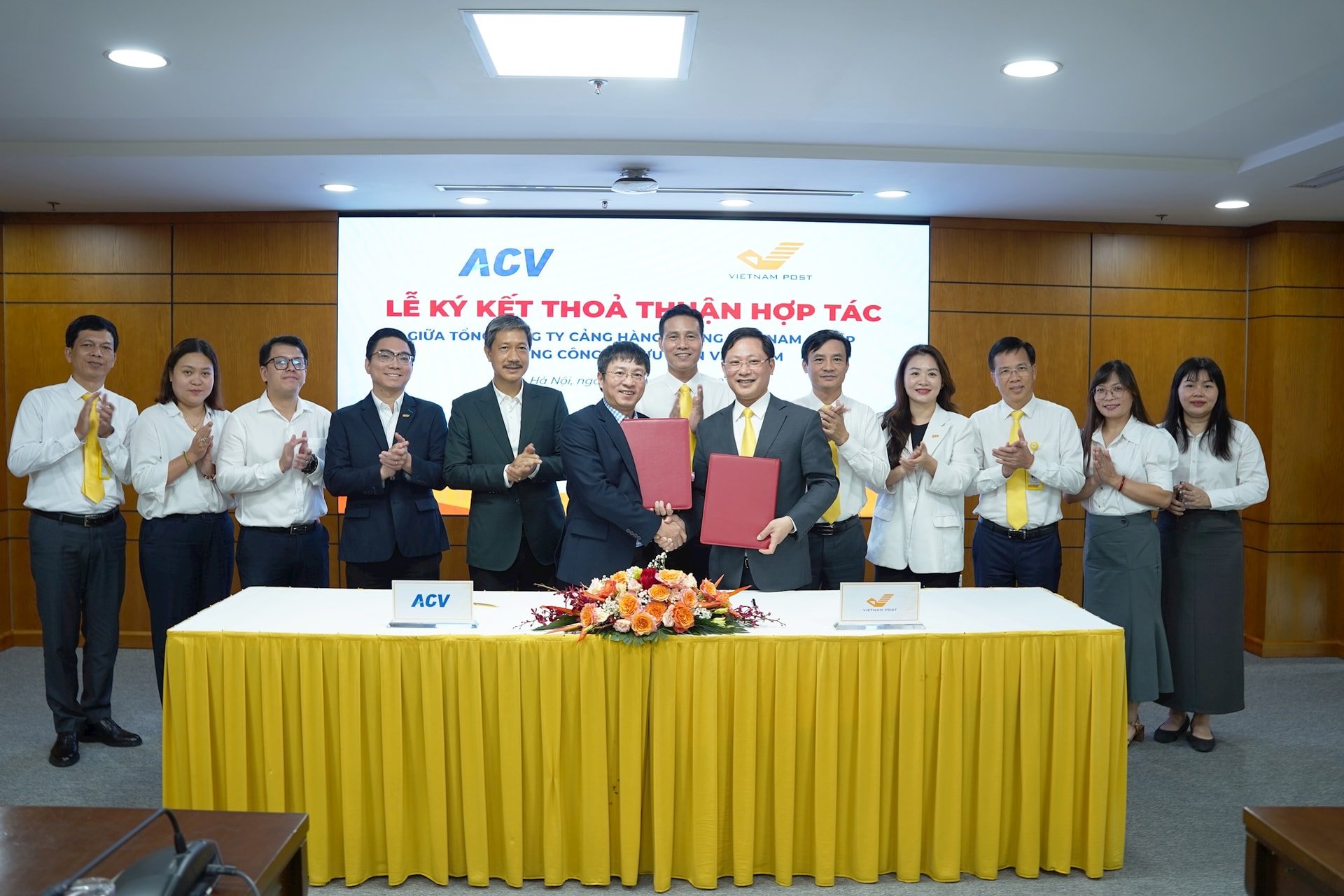

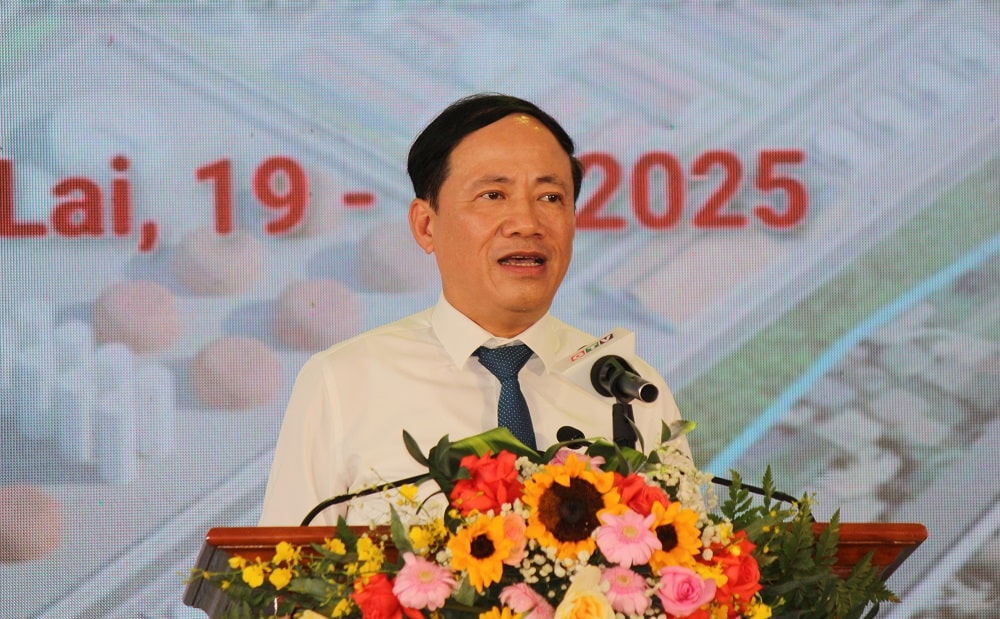

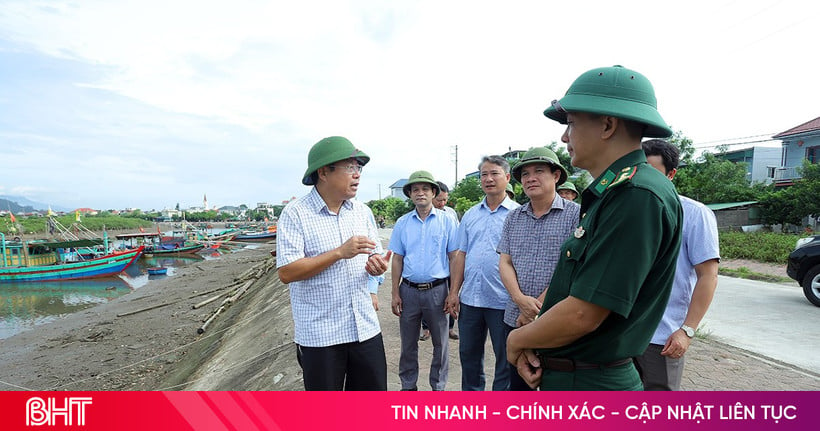

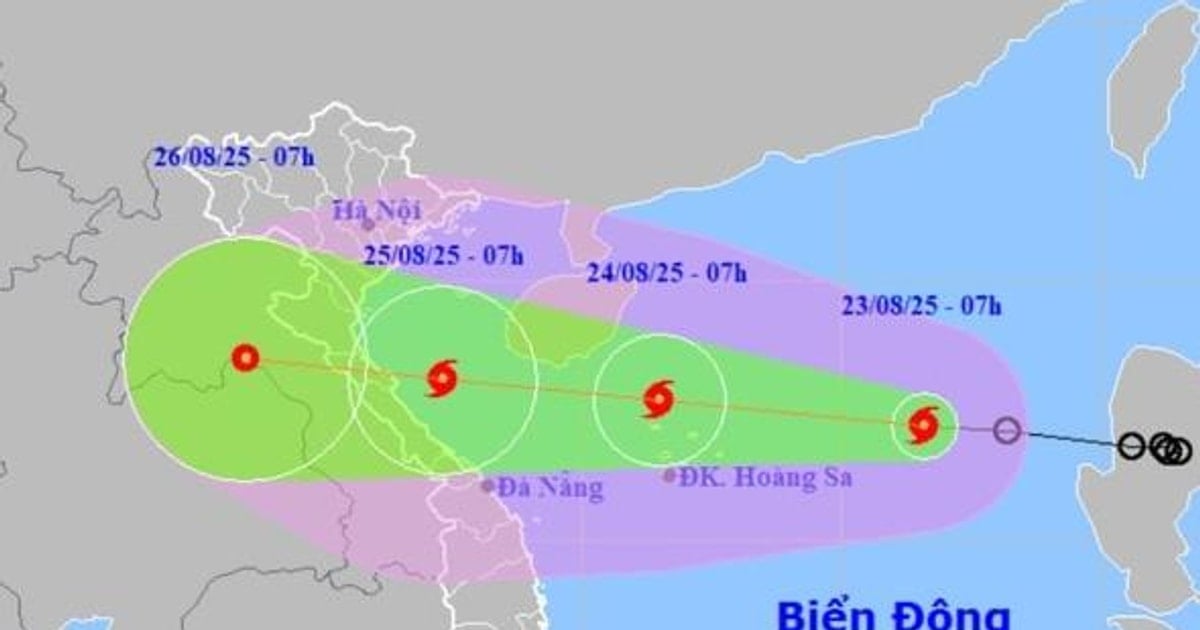

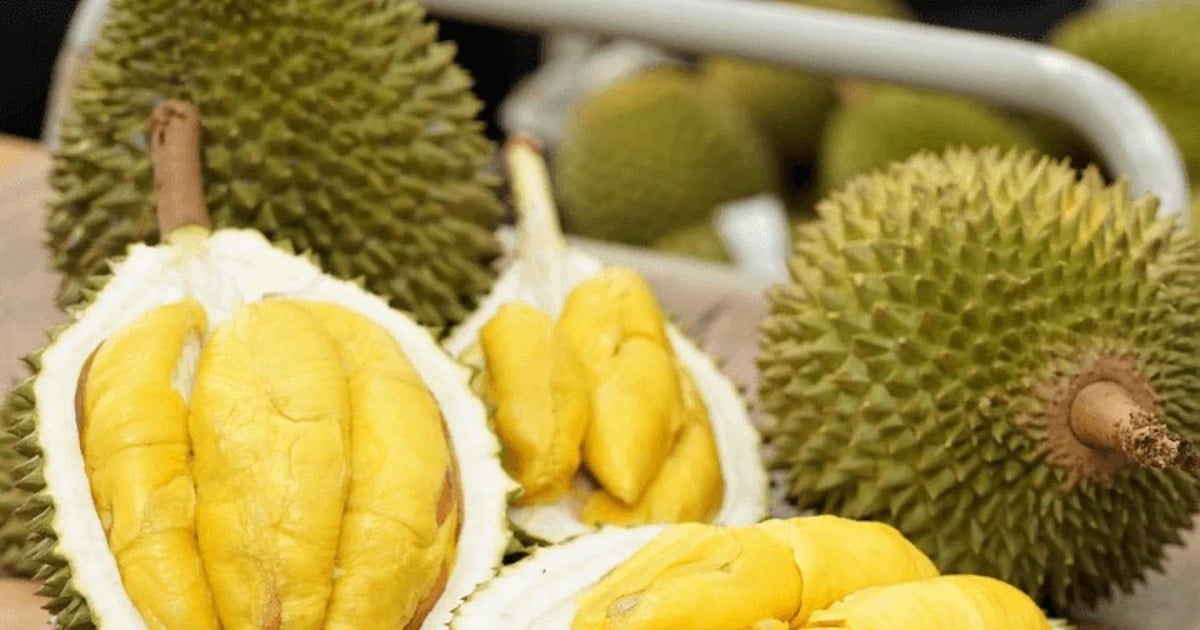
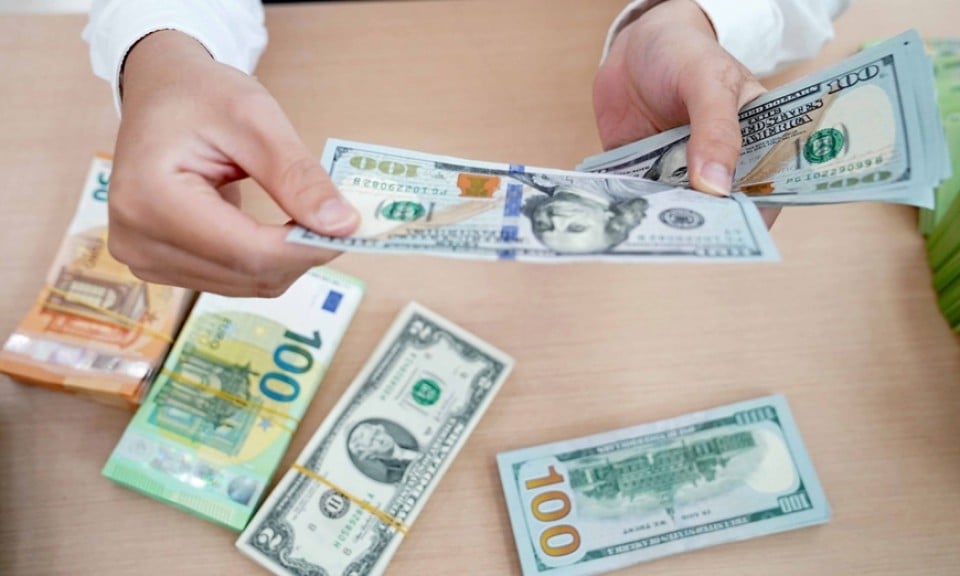

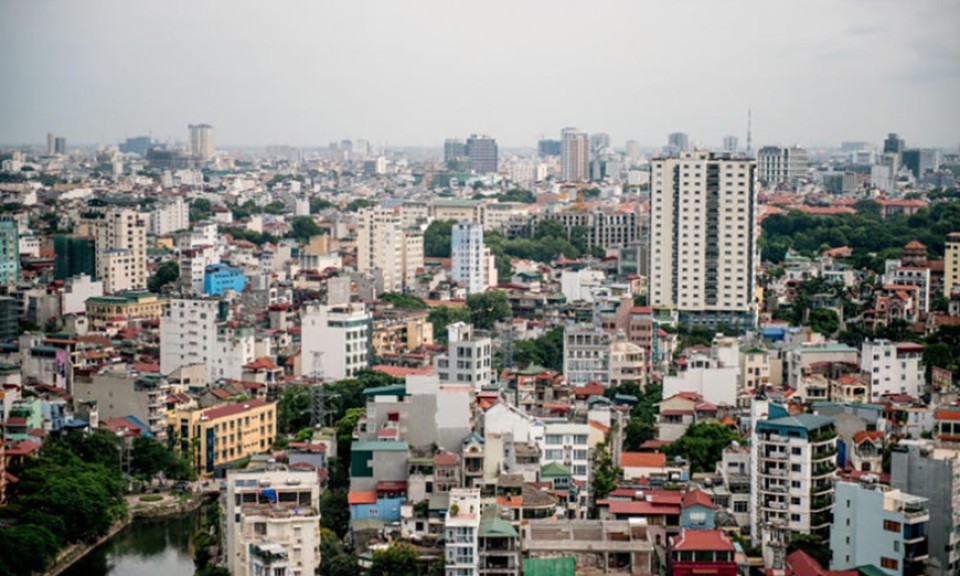
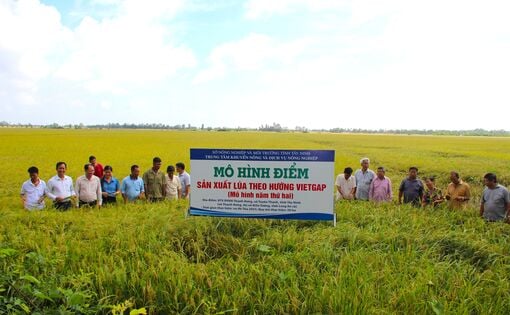








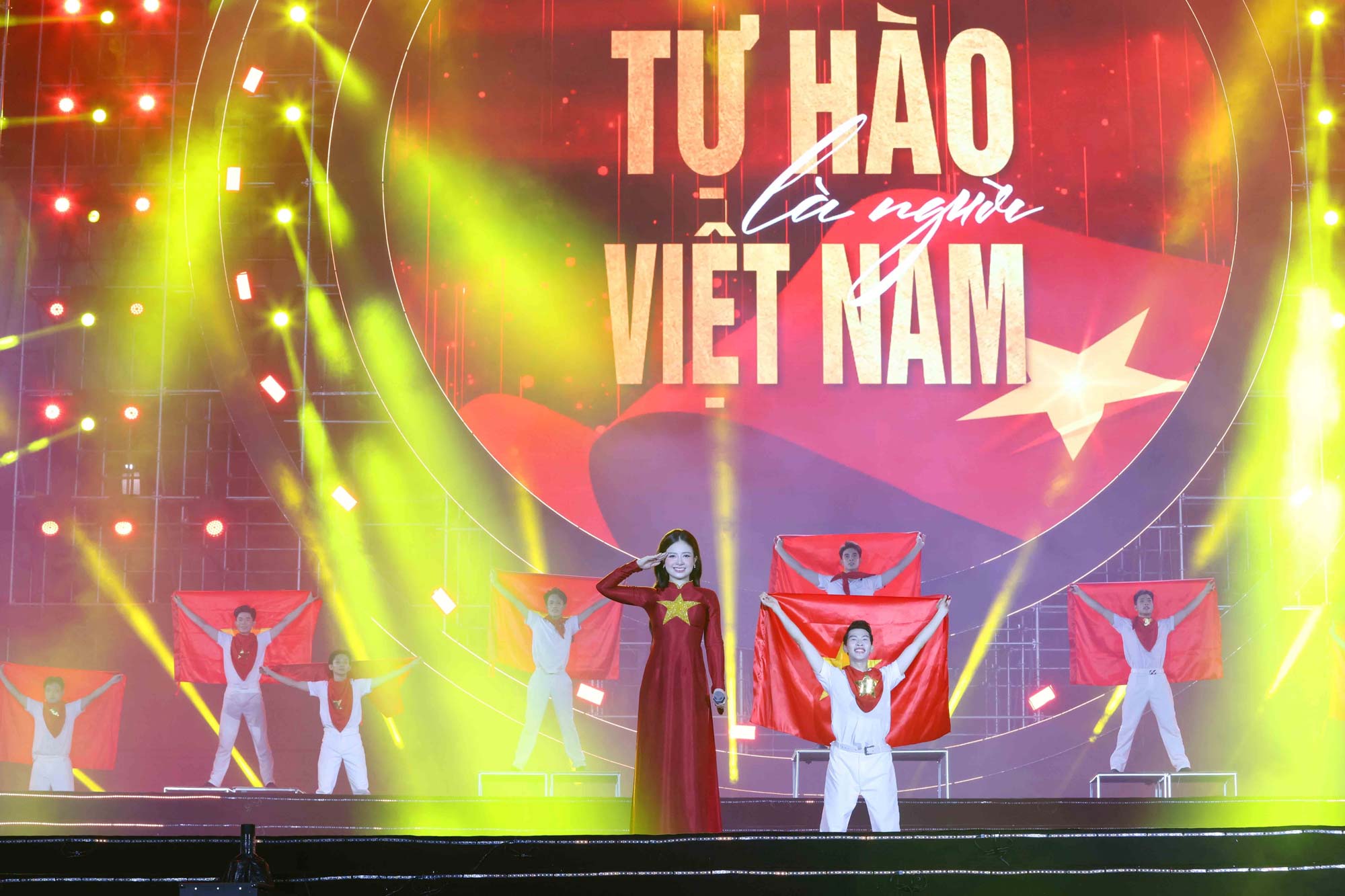
![[Photo] President Luong Cuong attends special political-artistic television show "Golden Opportunity"](https://vstatic.vietnam.vn/vietnam/resource/IMAGE/2025/8/22/44ca13c28fa7476796f9aa3618ff74c4)
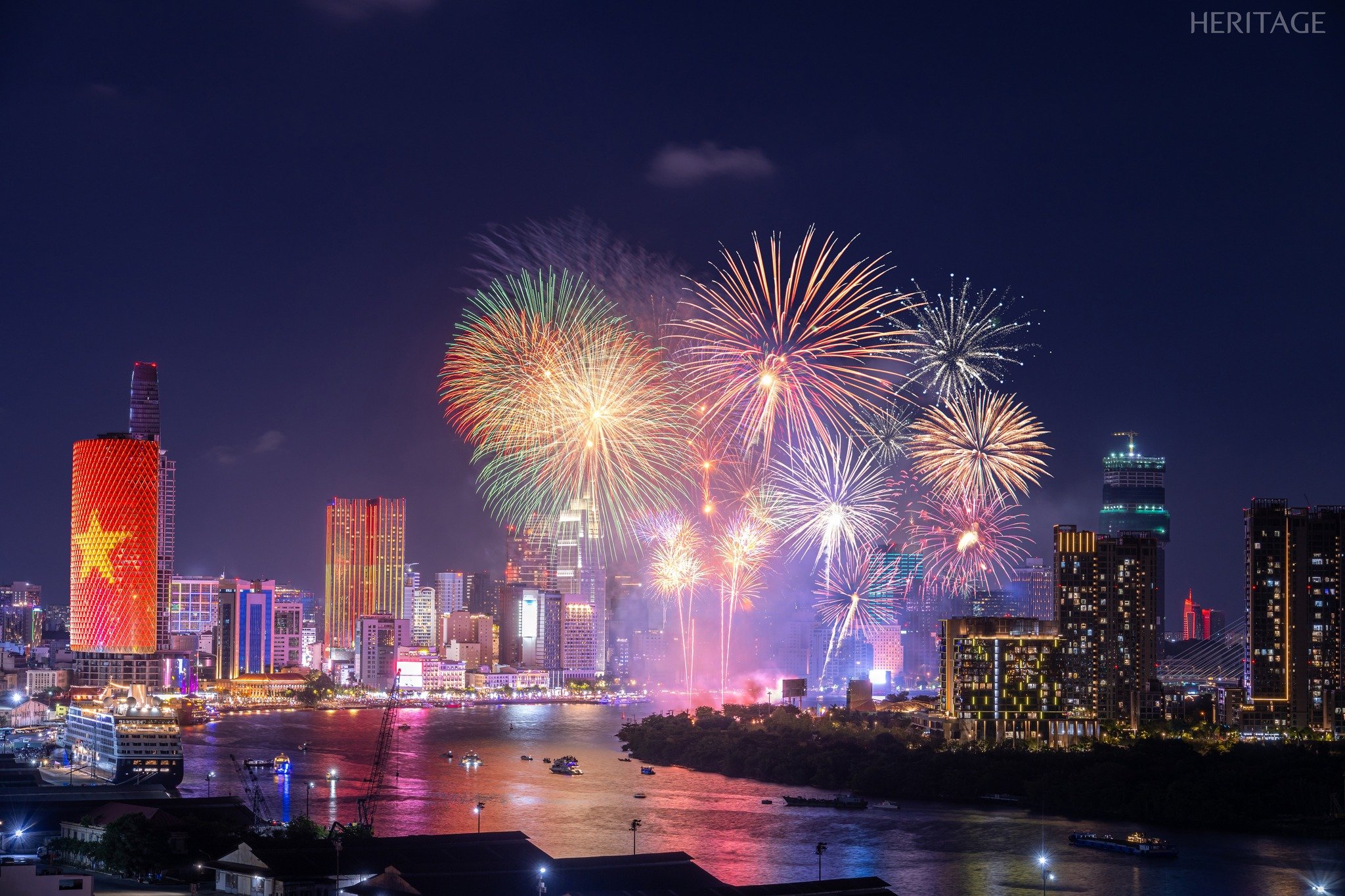



































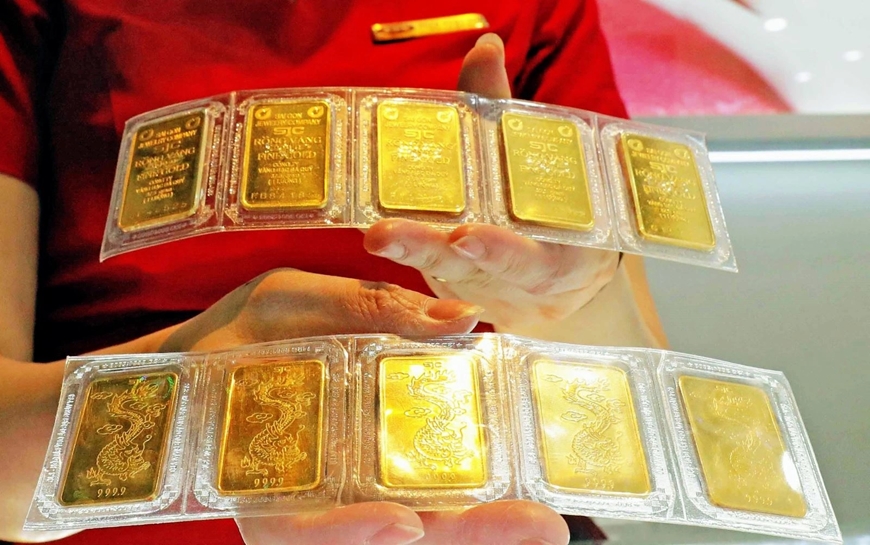
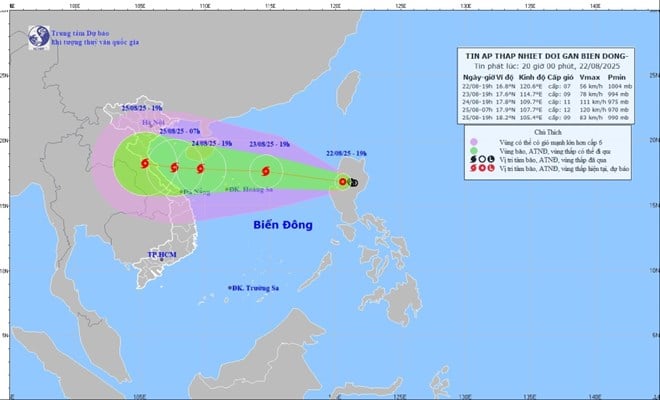

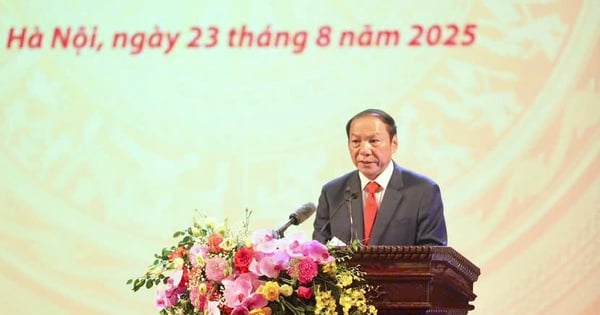

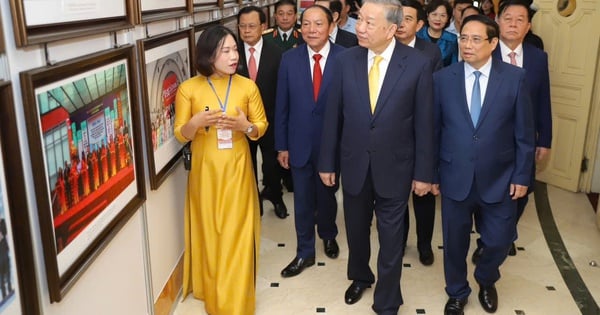
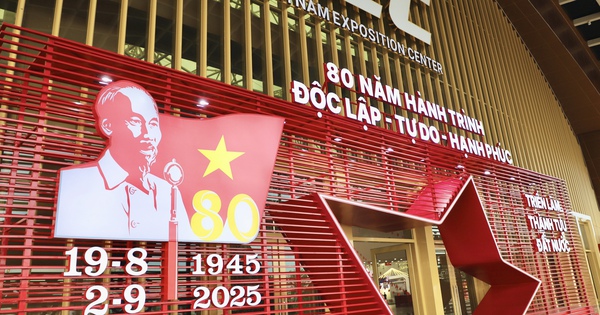
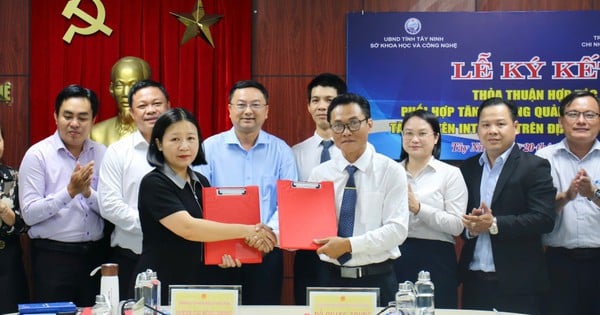

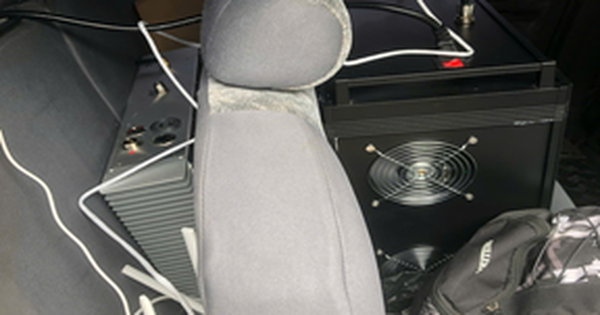
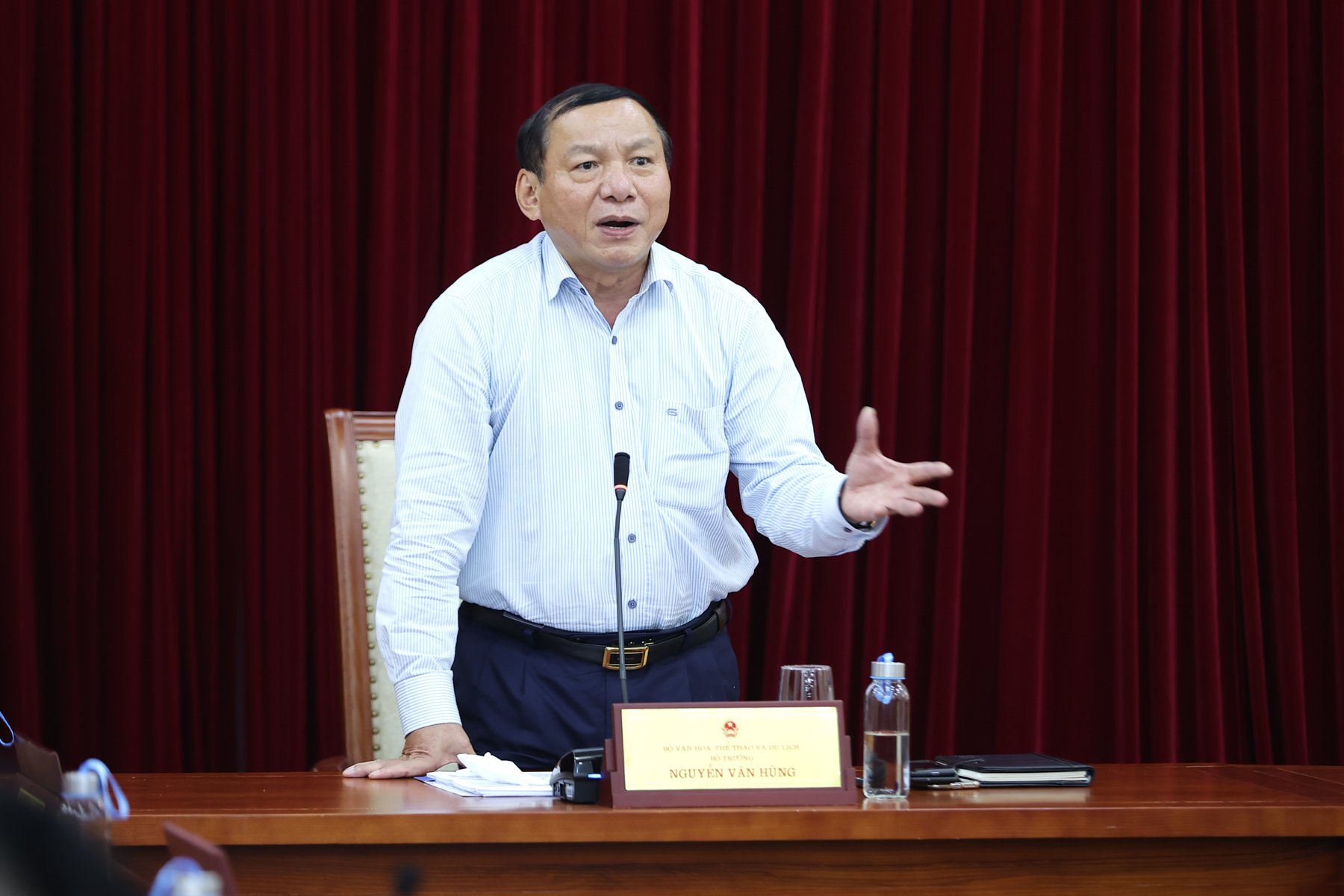
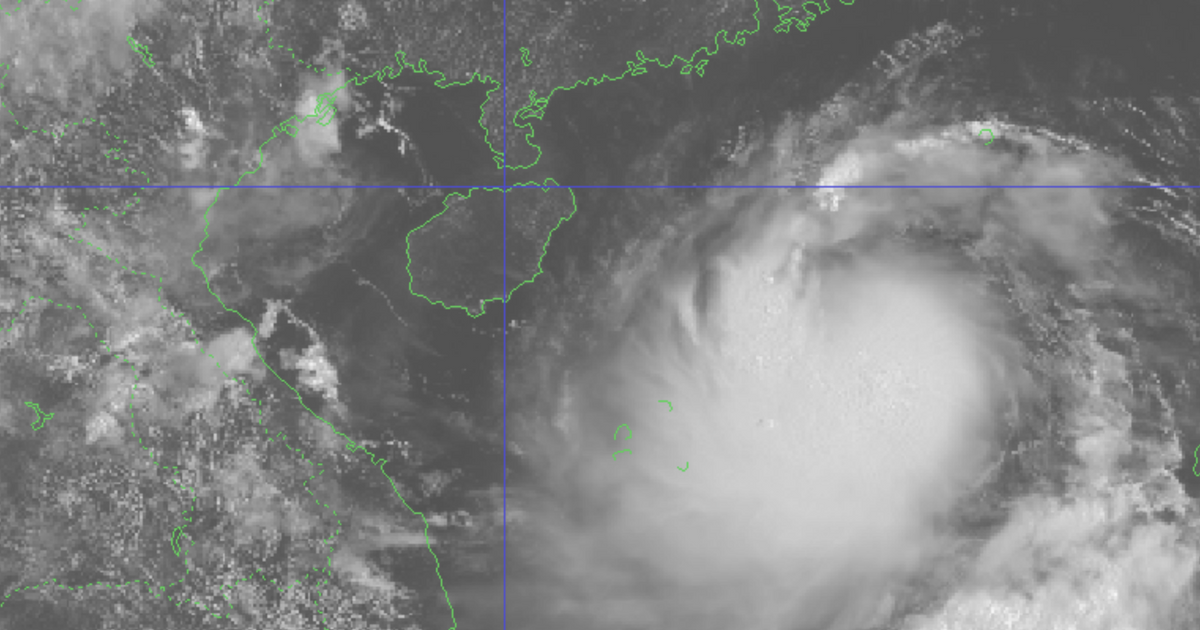


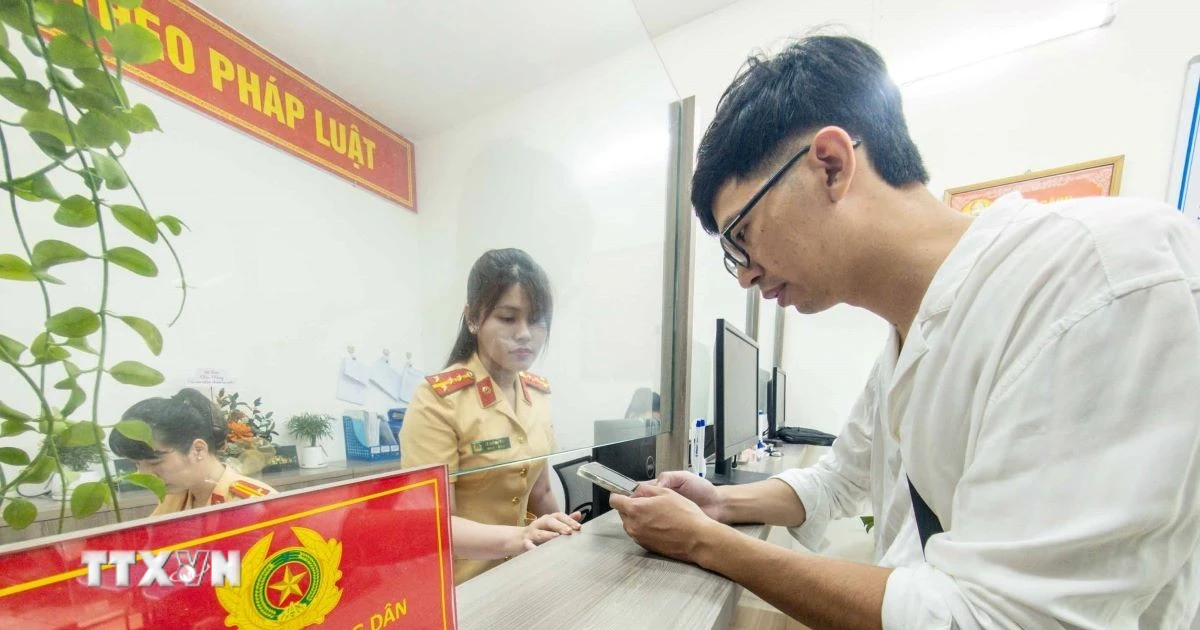

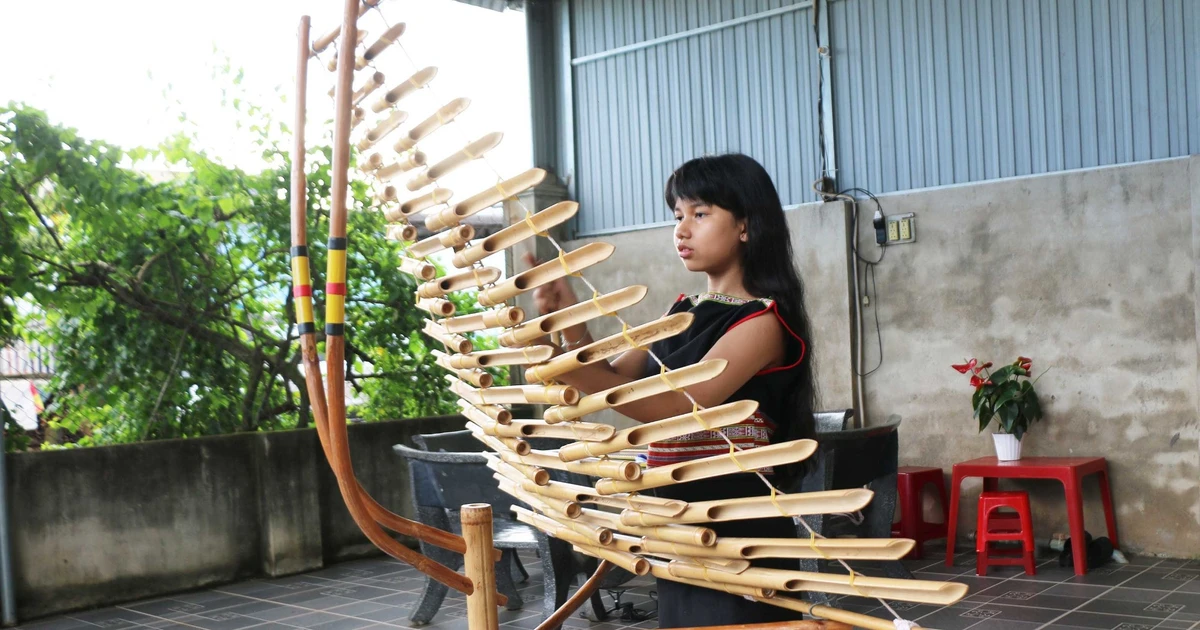

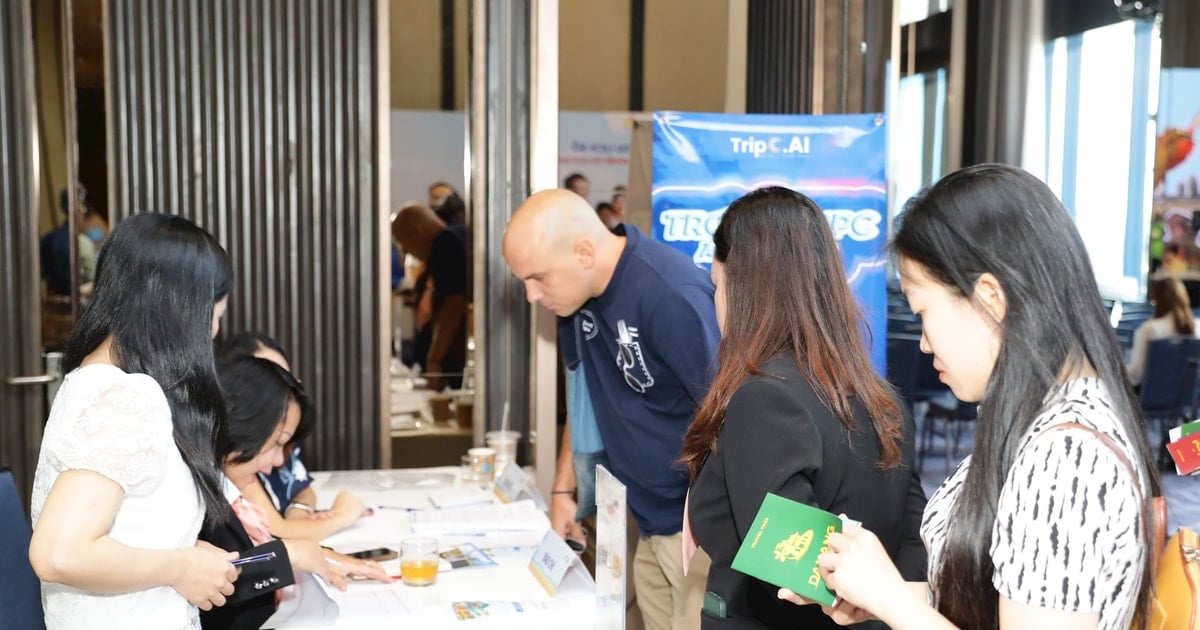


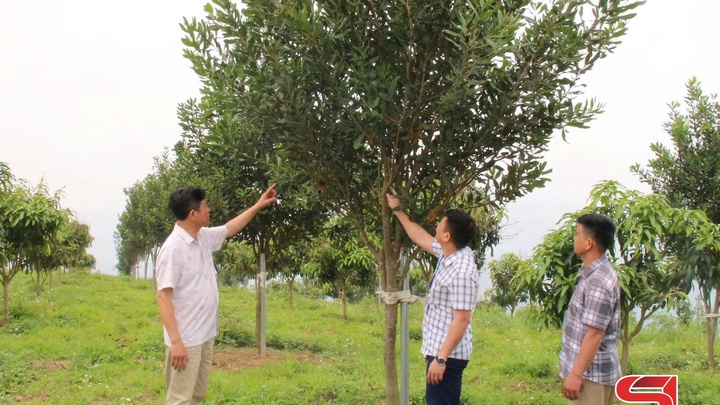











Comment (0)